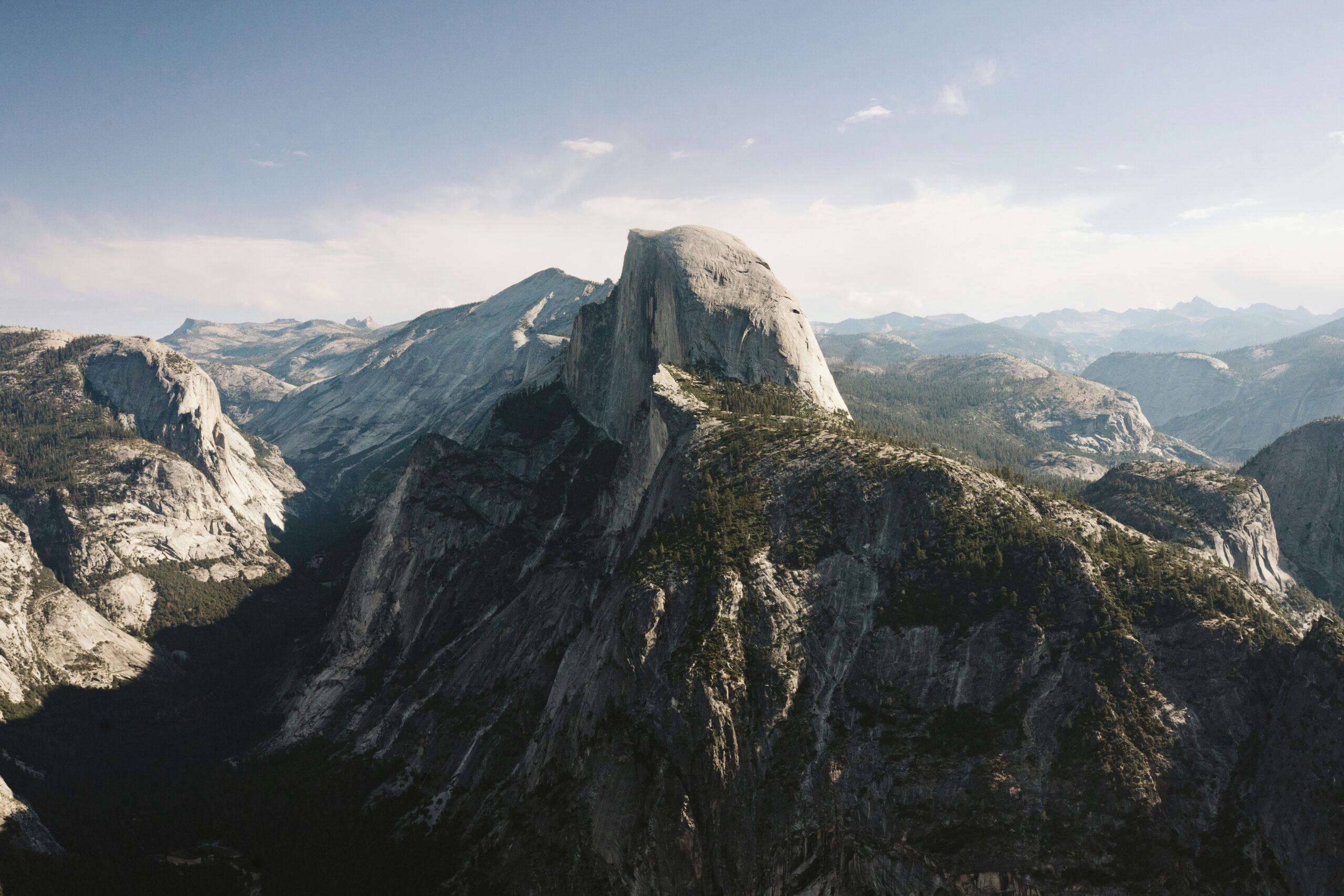Everything You Need to Know
When you are sitting at this state park in upstate New York, there is a good possibility that you simply can’t help but think about how much free camping there is all around the United States.
Innumerable parks and forests are located all over the United States, from the West Coast to the East Coast and everywhere in between, allowing guests to camp for free.
It doesn’t matter whether you’re searching for a calm area to pitch your tent or a place to park your RV; everywhere you go in this magnificent nation of ours, you’ll be able to find some peace and quiet.
With so many free camping opportunities available, why don’t you pack up your vehicle and hit the open road? Our guide will tell you all about it.
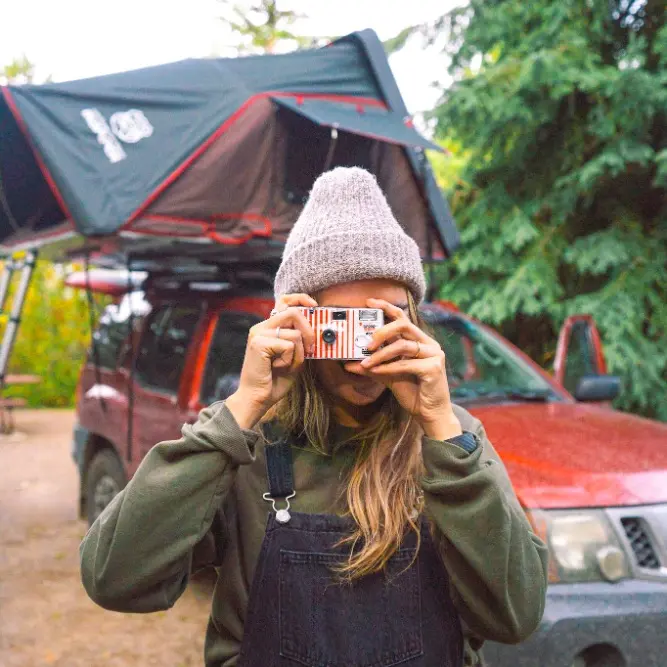
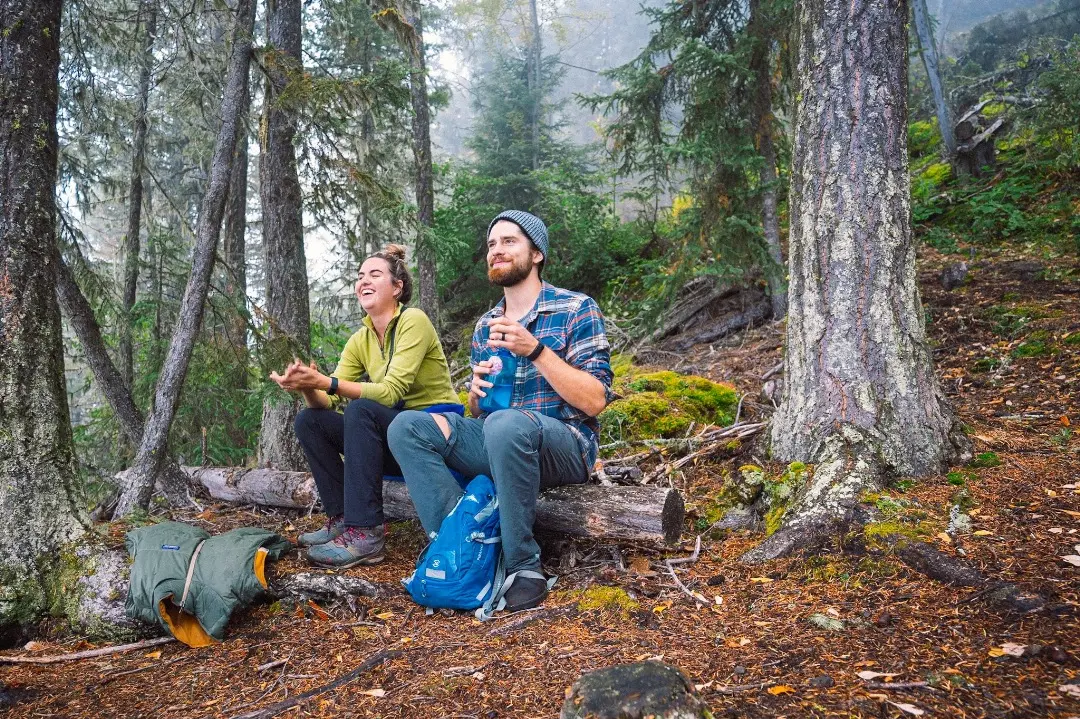
What Are Free Campsites?
Free campsites are exactly what they sound like: locations where you can set up your tent without having to pay anything. Believe it or not, it is possible to find free campsites all around the United States.
These can be discovered in a wide variety of places, ranging from national forests to state parks, and they provide an excellent opportunity to save money during your camping vacation.
It should be expected that free camping campgrounds do not usually come with the same facilities as paid campgrounds. You may not have access to running water or flushing toilets, and there might not even be a garbage collection service.
Some of these campsites may include rudimentary conveniences, such as outhouses and picnic tables, while others may be entirely undeveloped and provide nothing more than a level surface on which to set up a tent.
Free camping does not, of course, come without its drawbacks. On weekends and holidays especially, these locations have a tendency to get crowded very fast. Hence, it is usually a good idea to arrive early.
Additionally, since free campgrounds are often situated in less populated regions, you should be prepared to travel farther in order to reach your destination.
Having said that, free camping is a wonderful opportunity to reconnect with nature and appreciate the beauty of the outdoors without having to spend a significant amount of money.
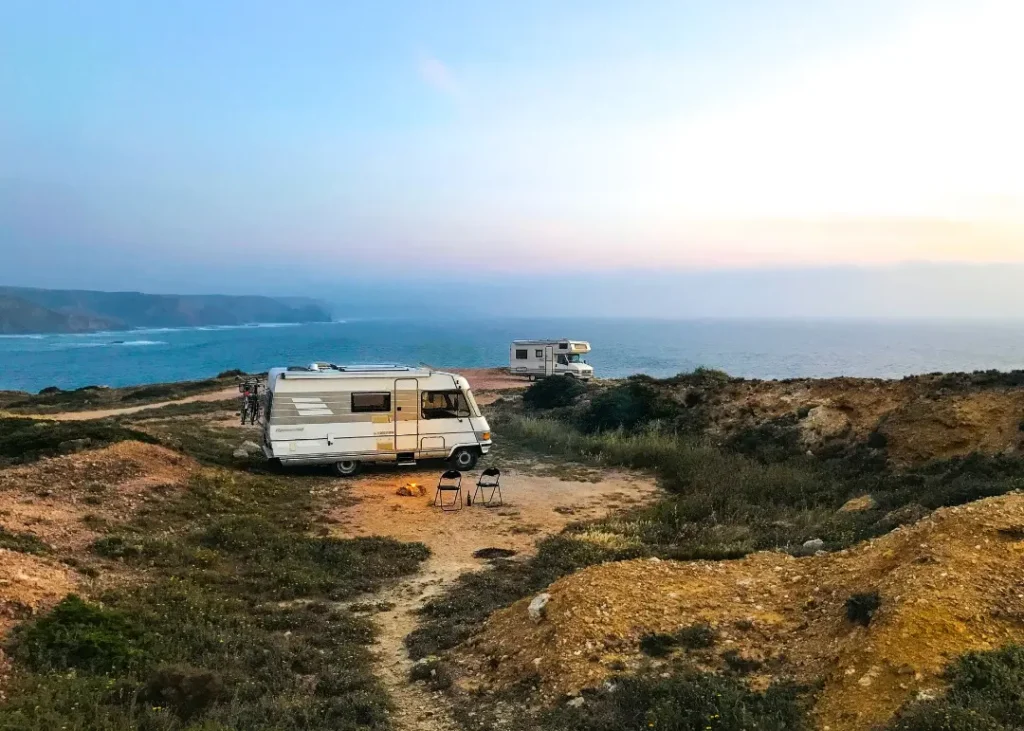
About Free Camping Spots for RVs
If you are considering going on a camping trip with your recreational vehicle (RV), you will be pleased to learn that there are a large number of free RV camping spots accessible all throughout the United States.
These places do not often come with connections or any other facilities, but they do give a flat space for you to park your RV. They are similar to free campsites that are designated for tents.
Because recreational vehicles (RVs) need a substantially larger area than tents do, it can be a little more difficult to discover free camping spots that are suitable for RVs than it is to find free campsites that are suitable for tents.
Several areas offer free RV camping spots, including national forests, state parks, and BLM lands. It is crucial to note that some of these venues may have size limits; thus, it is recommended that you verify with the location in question before going there.
On weekends and holidays, free RV camping spots might experience the same level of competition as free camping spots for tents. Therefore, if you want to guarantee yourself a space, you should be there as early as possible.
You should also be ready to drive farther in order to reach your goal since these campsites are often situated in less inhabited locations. This means that you will need to travel more in order to reach your objective.
Nevertheless, despite these downsides, free RV camping is a wonderful way to save money on your camping vacation and enjoy the splendor of nature at the same time.
When are RV Campgrounds Open?
The fact that there is always a campsite available someplace in the United States is one of the best things about going camping here.
The beginning of spring through the end of autumn are typically the times when campsites are available to guests. However, although some campsites are open only during these times, others are open all year long.
Before you travel to the campsite of your choice, it is essential that you confirm the times during which the facility is open for business. That way, you won’t have to worry about whether or not the campsite will be open when you get there.
How Can I Save Money Camping in an RV?

LOOK FOR FREE CAMPGROUNDS
The United States is home to a large number of free campgrounds spread out over the country. Finding free camping on your travels is one of the best ways to save money.
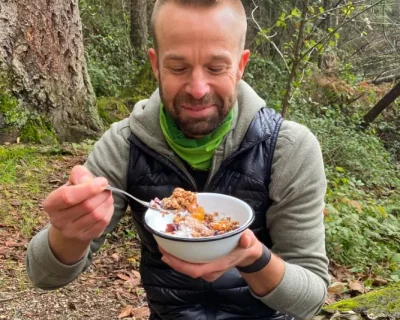
BRING YOUR OWN FOOD
Cooking your own meals when camping is one of the simplest ways to cut costs while enjoying the great outdoors. You will save a lot of money by preparing your own meals at home rather than eating out.
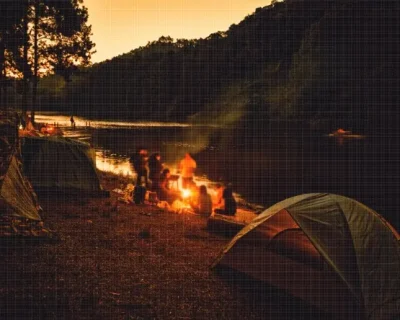
BRING YOUR OWN FIREWOOD
If you want to have a campfire, you should bring your own fuel with you. This is very important. Campgrounds often sell firewood, but it may be rather pricey depending on the quantity you buy. Just be sure to check your local fire restrictions first.
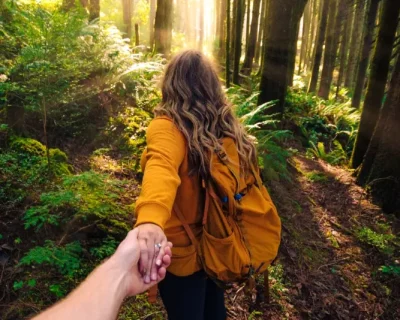
GO CAMPING DURING THE SHOULDER SEASON
Going camping during the shoulder season is another great way to save money on your next camping vacation. During the shoulder seasons, campgrounds are often less crowded and offer more affordable rates.
Fun Things to Do While Camping in an RV
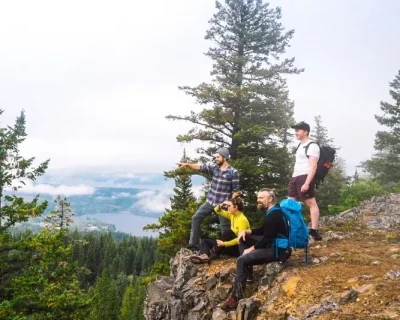
HIKING
During your time spent camping, one of the most enjoyable activities you may partake in is going on a trek. Nearby campsites often have hiking paths that visitors may access.
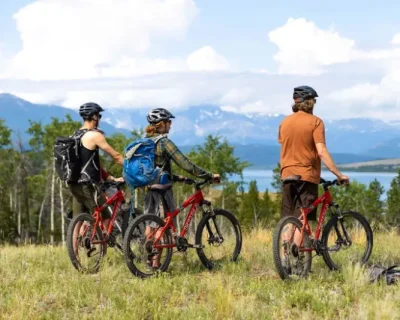
BIKING
Riding a bike is yet another fun and effective approach to get familiar with your surroundings. Bike paths may be found in close proximity to several campsites.
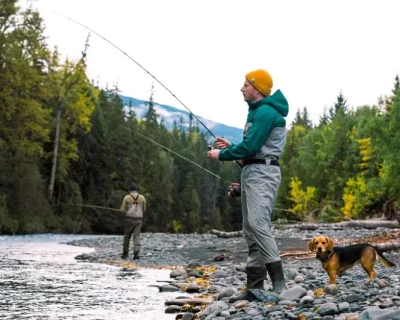
FISHING
If you like fishing, you should carry your equipment with you so that you may participate in the activity. The proximity of campgrounds to bodies of water, such as lakes and rivers, makes these areas prime destinations for anglers.
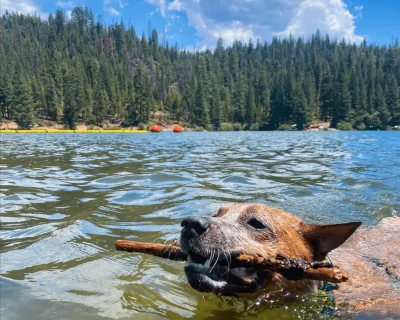
SWIMMING
If the forecast calls for warm weather, make sure you have your swimwear with you. On hot days, camping facilities often have swimming areas where guests may go to cool down. Important Things to Keep In Mind While Camping in an RV.
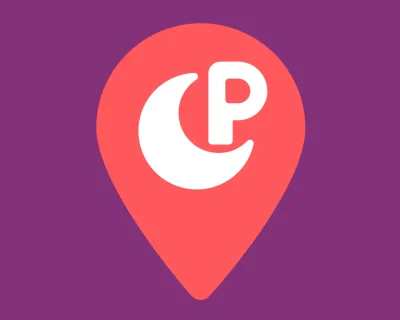
PARKING
Because recreational vehicles are often big vehicles, it is essential to look for a campsite that offers a sufficient amount of parking. It is important to verify the size limits of the campsite you want to stay at before you travel.
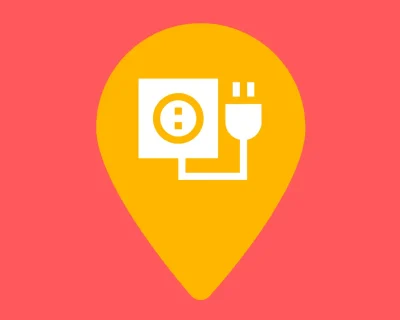
CONNECTION
Because recreational vehicles (RVs) need power, you’ll need to look for a campsite with hookups. Don’t forget, you must carry with you surge protectors and extension cables.
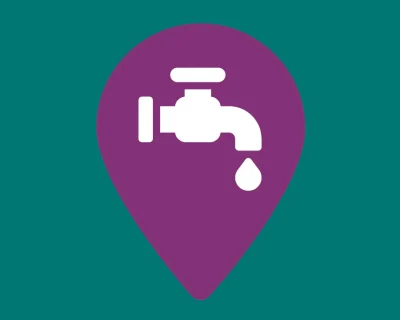
WATER SUPPLY
A supply of potable water is essential for recreational vehicles. Water connections are available at many campsites, but not all of them do. Be sure to pack extra water for the duration of your vacation if the campsite you are staying at does not provide water connections.
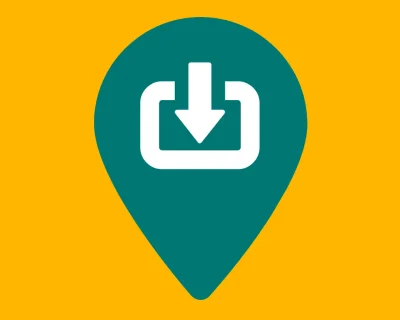
WASTE STATION
RVs are in desperate need of a dump station so they may properly dispose of their waste. The vast majority of campsites have sewer connections, although there are a few that do not. Bring along a portable sewage tank just in case the campsite you’re going to doesn’t have any sewage connections available for campers.
How Are Free Campsites Possible?
1. The National Park Service Makes Free Camping Available
Everyone can access free camping sites in a number national parks. While there is a cost to enter national parks, camping is free in the majority of them.
This includes well-known places such as Yellowstone and Yosemite, in addition to hidden treasures such as South Dakota’s Badlands National Park.
2. The Bureau Of Land Management (BLM) Administers Free Campsites On Public Lands Around The Nation
These free camping areas are primarily found in the western United States, and they provide a wonderful opportunity to take in the region’s natural beauty for no cost at all.
3. Camping Is Free In National Forests
Similar to how free camping is free in national parks, it is also free in national forests.
In contrast to national parks, entry to these sites does not require payment of an entrance charge. Because of this, camping in national forests is completely free, making it a fantastic choice for those trying to save money on their vacation.
4. Many State Parks Provide Free Or Reduced-Fee Campsites
This makes state parks another wonderful choice for tent camping.
However, it is essential to contact the park in advance to find out what their policy is about camping fees, since some parks do have fees in place.
5. Some Campsites Provide Free Camping
While the majority of private campsites do charge fees for camping, there are a few that provide free camping.
These are often found on smaller properties, like farms or ranches, and they provide a wonderful opportunity to get a taste of rural life without having to invest any money.
6. Dispersed Camping On Public Lands Is Permitted And Free Of Charge
Dispersed camping is a kind of camping that is permitted in certain regions of public lands managed by the Bureau of Land Management and the National Forest Service.
You are permitted to set up camp anywhere in these areas so long as you adhere to the Leave No Trace guidelines. It is crucial to remember that while dispersed camping is free, there are often no facilities available, so you need to be ready to rough it.
7. Some Landowners Will Allow You Free Access To Their Land
If you’re willing to ask, you may be amazed at how many individuals are ready to let you camp on their land for free.
This may be an excellent way to find free camping, and it is also a wonderful opportunity to get to know new people.
8. Free Camping Is Feasible In The United States In Part Due To Social Movements
The free speech and free love revolutions of the 1960s were particularly influential in bringing about a number of developments that made free camping more socially acceptable.
9. The United States Has an Abundance of Land
Much of the land is undeveloped because of its rugged terrain. In addition, past environmental movements have led to laws protecting many of America’s wild natural spaces.
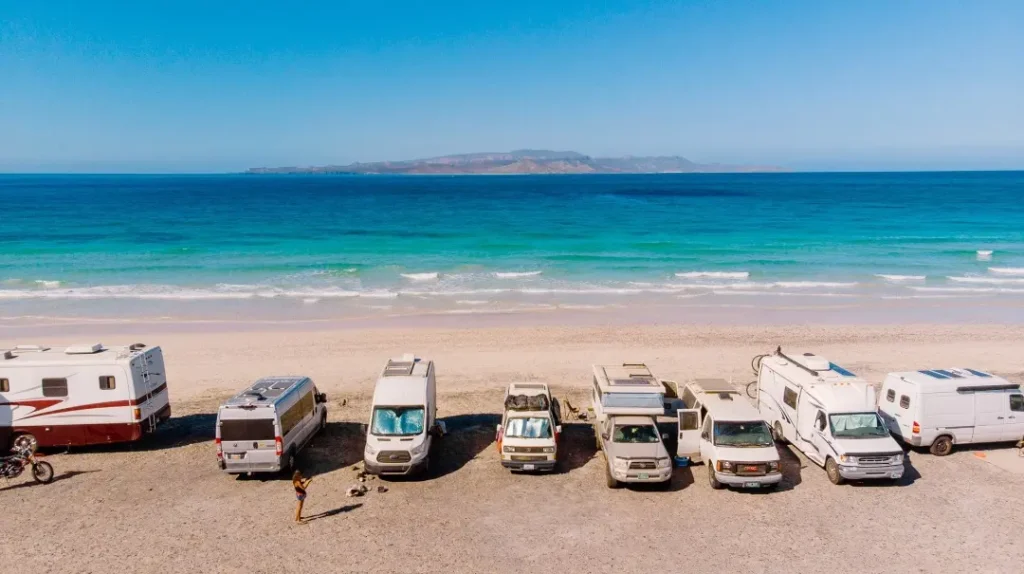
How Can I Find Free Camping?
There are many ways to find free or reduced-fee camping if you are prepared to do a little research.
One way is to use one of the many apps or websites that can assist you in finding free camping spots. Free Campsites, Sēkr, and Ultimate Campgrounds are some examples of these resources.
Some regions allow you to use a recreation pass to access free camping. It may also be possible to camp for free if you volunteer at a campsite or take advantage of specials when they are available.
Why Choose Free Camping?
Free camping is an excellent way to cut costs during your vacation. This is perhaps the most compelling argument in favor of free camping.
You may easily save hundreds of dollars by camping for free rather than staying in hotels or even staying in paid campsites.
Another reason to free camp is that it’s a great way to connect with nature. One of the best things about free camping is that it gives you the opportunity to connect with nature in a way that isn’t possible when you’re staying in a hotel or at a campground.
Finally, the advantages of free camping significantly outweigh the hazards. Although there are certain risks connected with free camping, such as the possibility of being lost or wounded, the benefits far outweigh these risks.
Camping for free is a fantastic way to save money, get to know new people, and spend time in the great outdoors.
The Best Free Campsites in America
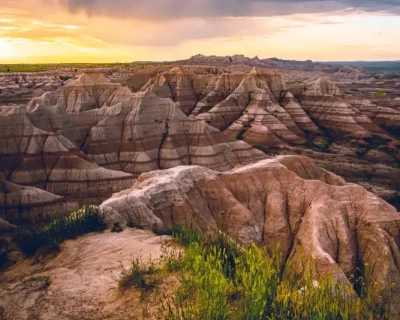
BADLANDS NATIONAL PARK, SOUTH DAKOTA
This national park provides free camping opportunities both in the wilderness and at the Sage Creek Campground.
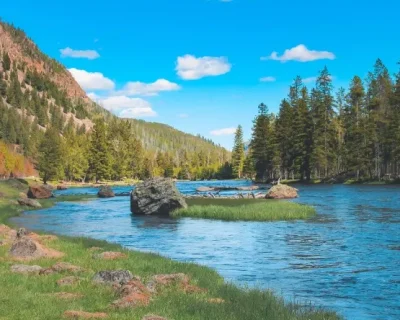
YELLOWSTONE NATIONAL PARK, WYOMING
Yellowstone is one of the most visited national parks in the United States, and it is one of the few national parks that allows free camping in a variety of areas across the park.
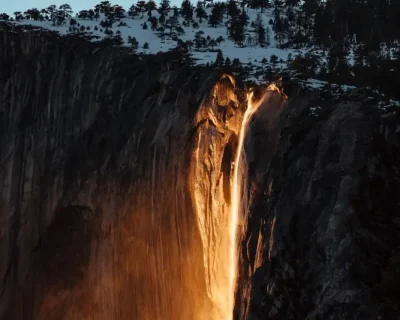
YOSEMITE NATIONAL PARK, CALIFORNIA
Yosemite is another well-known national park that allows free camping throughout the park. The park also offers a large number of free overnight parking spots for those who want to go camping.
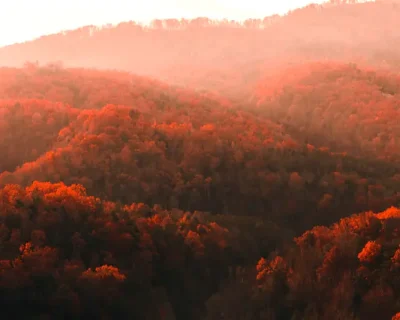
GREAT SMOKY MOUNTAINS NATIONAL PARK, TENNESSEE
Great Smoky Mountains National Park is the most visited national park in the US, and it provides free campgrounds on a first-come, first-served basis.
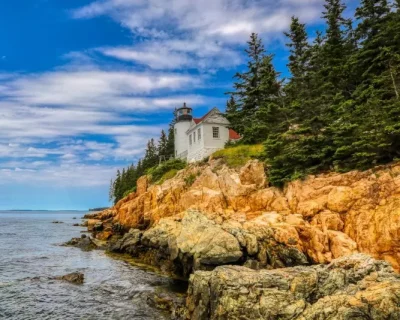
ACADIA NATIONAL PARK, MAINE
Acadia is a gorgeous national park, and it provides free camping on a first-come, first-served basis.
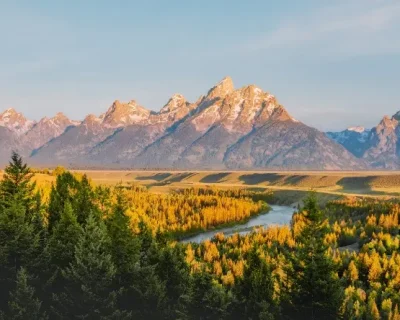
GRAND TETON NATIONAL PARK, WYOMING
Grand Teton is yet another stunning national park that allows free camping in many areas. The night skies are especially beautiful in this isolated park.
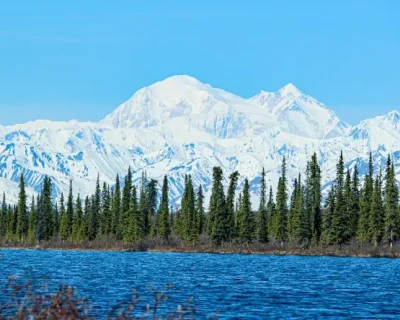
DENALI NATIONAL PARK, ALASKA
Denali is well-known for being one of the most gorgeous national parks in the country, and it allows free camping throughout the park.
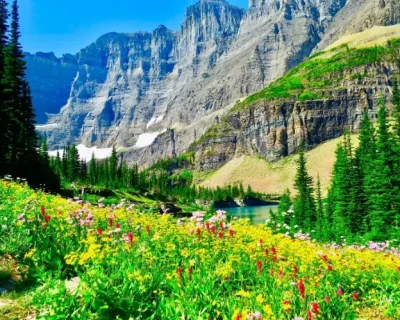
GLACIER NATIONAL PARK, MONTANA
You shouldn’t miss Glacier National Park for free camping, as there are a lot of free campsites.
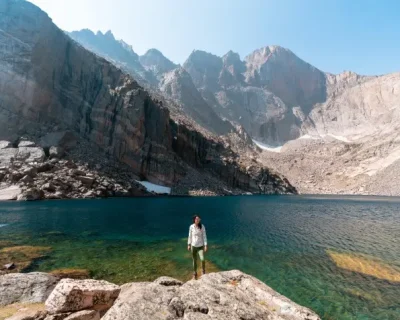
ROCKY MOUNTAIN NATIONAL PARK, COLORADO
Rocky Mountain National Park is another must-see location that offers free camping.
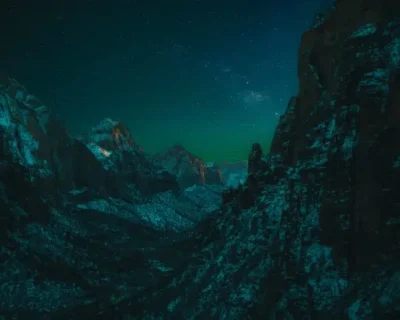
ZION NATIONAL PARK, UTAH
Zion National Park is a stunning national park that provides free camping on a first-come, first-served basis.
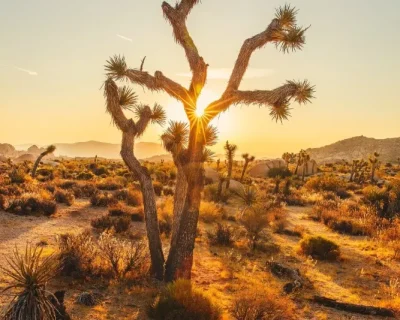
JOSHUA TREE NATIONAL PARK, CALIFORNIA
Joshua Tree is a one-of-a-kind national park, and it enables visitors to camp for free in a variety of desert settings across the park.
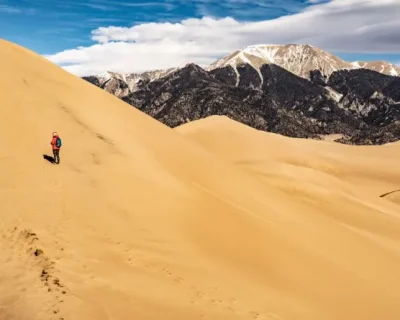
GREAT SAND DUNES NATIONAL PARK, COLORADO
This one-of-a-kind national park provides free camping on a first-come, first-served basis. The park is known for its expansive sand dunes.
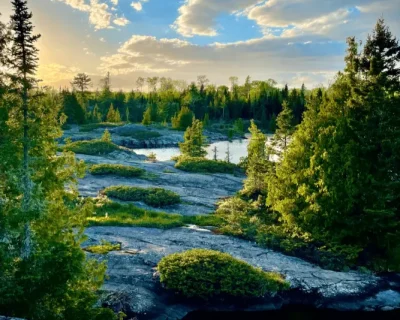
ISLE ROYALE NATIONAL PARK, MICHIGAN
This unique park, named after the island on which it is located, provides free camping on a first-come, first-served basis.
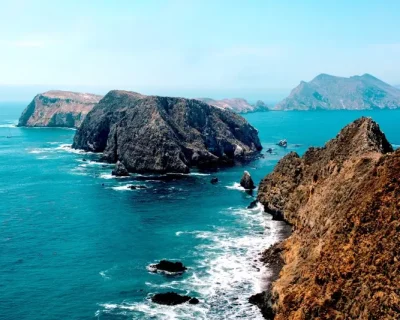
CHANNEL ISLANDS NATIONAL PARK, CALIFORNIA
Channel Islands is a less-visited, but gorgeous, national park. It provides free camping on a first-come, first-served basis.
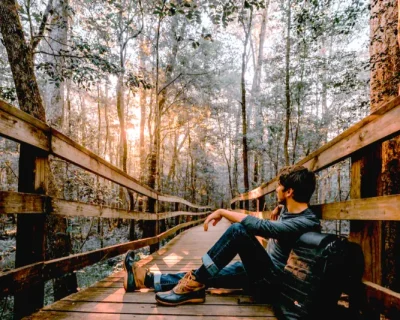
CONGAREE NATIONAL PARK, SOUTH CAROLINA
This stunning national park provides free camping on a first-come, first-served basis. The park is named after the Congaree River, which runs through the park.
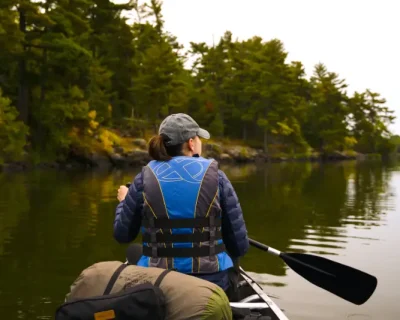
VOYAGEURS NATIONAL PARK, MINNESOTA
Voyageurs is a gorgeous national park that allows free camping in a variety of areas within the park.
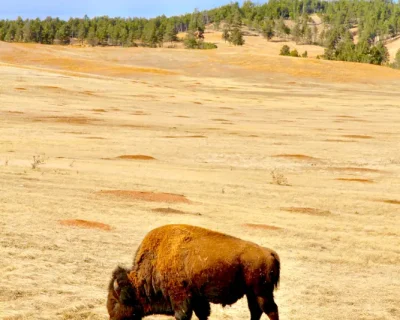
WIND CAVE NATIONAL PARK, SOUTH DAKOTA
Elk Mountain Campground offers free camping for visitors of Wind Cave National Park.
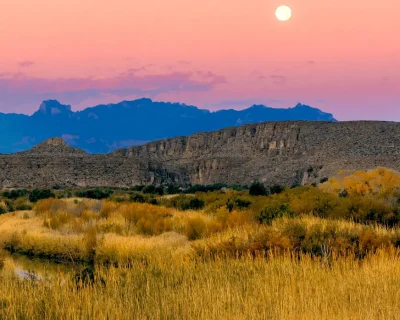
BIG BEND NATIONAL PARK, TEXAS
This stunning and remote national park allows free camping throughout the park.
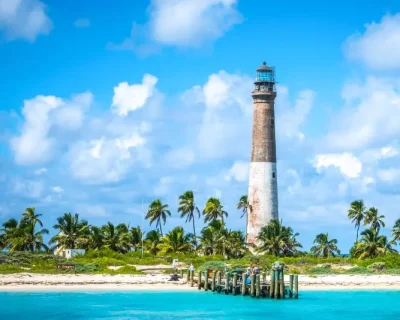
DRY TORTUGAS NATIONAL PARK, FLORIDA
Dry Tortugas is a lovely national park that provides free camping on a first-come, first-served basis. Dry Tortugas is located in the Florida Keys.
This list just represents a handful of the free camping opportunities available in the US. Although this list only includes national parks, remember that there are many other places to camp for free, including BLM and national forest lands.
Many of these offer an even more secluded and enjoyable experience, far from the crowds that can be present at some national parks.
You can easily locate free campgrounds in any state with just a little bit of online investigation. So get out there and try your hand at some free camping!
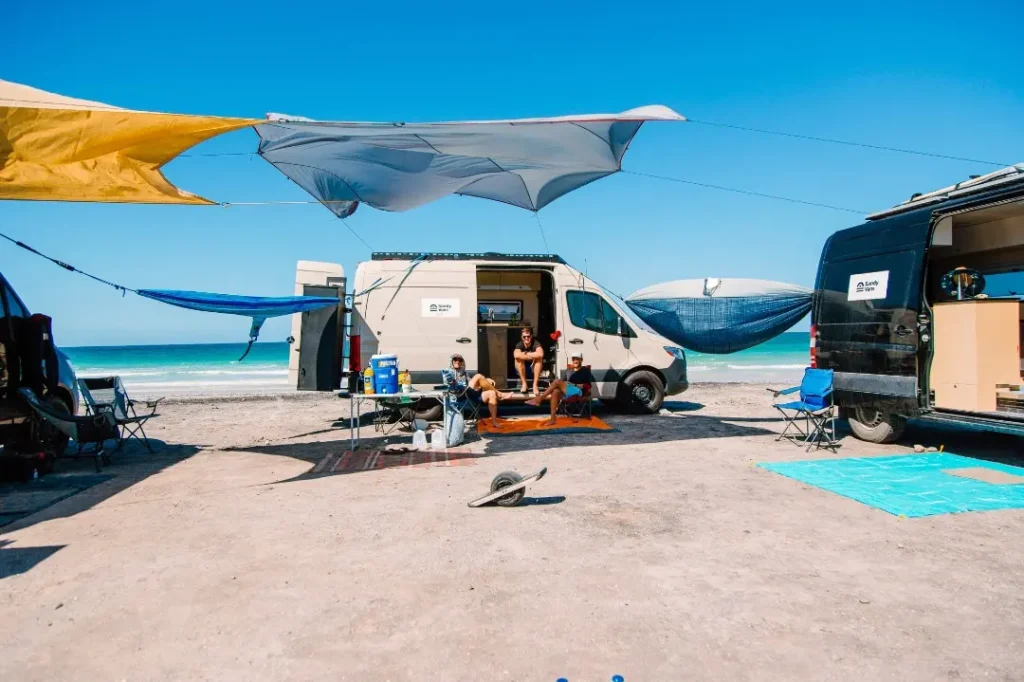
What to Expect When Camping at a Free Campground
1. Typically, there are no conveniences or services provided. This means you will be responsible for bringing your own supplies, including food, water, and a tent.
2. Because there are often no trash facilities, you will have to carry all of your garbage out with you when you leave.
3. There are not normally any restrooms; thus, you should be prepared to use a composting toilet or dig a latrine in order to relieve yourself.
4. The majority of the campsites are of a rustic nature, which means that they may not have any modern conveniences like running water or electricity.
5. Some campgrounds are a few miles or more from any trailhead, so ensure that you are adequately equipped for the hike.
6. Some regions require you to set up camp in a certain location. Be sure you are aware of any laws and ordinances that govern that particular region.
7. In order to free camp in some areas, you may be required to obtain a permit.
8. You’ll need to be prepared for the weather, which means you should carry clothes and equipment that are suitable for the prevailing weather conditions.
9. You’ll need to be ready for the local wildlife. Many areas are home to bears, mountain lions, moose, elk, and other animals. It’s important to know how to interact with them in the event that you run across them.
11. Be prepared for the rough terrain if you are hiking to a campsite. You may encounter obstacles such as steep or muddy terrain, fallen logs, rock slides, rivers, and more.
12. Be ready for insects like mosquitos, ticks, or chiggers. You may want to bring some bug spray if the area where you plan to camp has a lot of these insects.
How to Prepare to Camp for Free
1. Give serious consideration to the location of your campsite. You’ll want to make certain that the location is not just secure but also clean and comfortable.
2. Make sure to bring a lot of food and water with you. Since free campsites don’t normally have any facilities, you’ll need to pack enough food and drink for the full trip.
3. Take all of your trash with you when you leave. Keep in mind that free campsites often do not provide any trash bins, so be prepared to pack out your garbage.
4. Make sure you are prepared for the weather by bringing clothing and equipment that is suitable for the forecasted weather conditions.
5. Be ready for the local wildlife. Familiarize yourself with the proper protocol to follow in the event that you come across any wild creatures.
6. Bring a first-aid kit with you, as you will want to be ready for any unexpected situation that may arise.
7. Bring a map and compass with you, especially if you plan to do any hiking.
8. Tell someone where you are going and when you anticipate coming back. This way, if you do not return according to schedule, they can call for help.
9. Comply with “Leave No Trace” principles to make sure you have as little of an impact as possible on the surrounding environment.
10. Show consideration for the other campers and keep in mind that free camping is open to anyone and everyone. Be respectful of others’ space by not pitching your tent too close to theirs and by keeping noise to a minimum.
11. Make sure you are acquainted with the laws and regulations of free camping before you go. Different states have different rules, so do a little research so you know what’s expected.
12. Be ready for anything that may arise. You are almost certain to face unanticipated challenges when camping, especially if you are not camping in an established campsite. Make sure you are prepeared.
13. Do not free camp in locations that seem to be popular. If an area appears to be crowded, it is in your best interest to choose another campground.
14. If you want to avoid having an influence on the environment and animals, never free camp near sensitive regions. Free camping near sensitive areas can have a negative impact.
15. Make a plan in advance. If you are going to a popular campsite, have a plan B in case there are no spots available.
Perks of Camping at Free Campsites
There is No Cost Involved
The fact that there is no cost involved is the primary advantage of free camping. Because of this, you can spend more money on other necessities, such as food and fuel.
In addition, if you don’t spoil yourself with luxurious accommodations, you can use the money you’ve saved to pay for your next vacation!
It’s a Fantastic Way to Save Money
If you’re trying to stick to a strict budget, camping for free is a fantastic way to save money. If you have additional money available to you, you can put it into improving your equipment or purchasing supplies.
You are Free to Camp in Any Location
You are free to camp in any location, which is one of the nicest aspects of free camping. This implies that you are not restricted to camping in areas that have been designated as campsites.
There are No Time Constraints
Being able to stay indefinitely allows you to set up your tent for as long as you choose. You are free to enjoy the wild and do whatever you want (within reason!).
You Do Not Need to Make Reservations
You don’t need to reserve a campsite in advance when camping for free. This means you can plan an impromptu trip without the need to make any prior preparations.
No Hassle of Dealing With Other People
You won’t have to deal with the hassle of a crowd if you choose to camp for free. This is a major benefit. This is because free campsites tend to have a lower occupancy rate than conventional campgrounds.
You Can Enjoy Some Peace and Quiet
The peace and quiet is one of the most appealing aspects of free camping. Since free campsites are often found in isolated regions, you are likely to experience all the solitude you want.
You Have the Opportunity to Get Away From Reality
Free camping is an excellent choice if you want to have the opportunity to get away from it all. Without the pressures of modern life, such as work, social media, and traffic, you can truly relax and leave your stress behind.
You Can Visit Some Incredible Locations
Free camping provides the opportunity to see some incredible locations. This is because free campsites are often situated in picturesque and secluded places.
You Have a Greater Opportunity to Connect With Nature
When free camping, as opposed to camping at a regular campground, you have a greater opportunity to connect with nature. There will be fewer people around and fewer vehicles, so you can enjoy a more authentic wilderness experience.
You are Able to Discover Your Own Private Location
Free camping allows you to locate your own private spot. This eliminates the risk that you may be inconvenienced by the presence of other campers at your site.
You Can Have a More Personal Camping Experience
One of the most appealing aspects of free camping is the fact that it makes it possible to have a more personal camping experience. Without the rules and conventions of organized campgrounds, you are free to camp the way you want.
You Have More Opportunities to Explore
When you are free camping, you have more opportunities to explore. This is especially true when you camp in an area that is far from cities and private property.
You Can Camp Away From the Main Trails
Another advantage of free camping is that it gives you the opportunity to camp away from the main trails. This enables you to discover stunning locations that are genuinely one-of-a-kind.
You Can Avoid Exposure to Commercialization
The wilder the campsite, the less you will be exposed to commercialization. Campsites located in more developed national parks will have more of a commercial feel, while those located in the wilderness will be truly natural.
You Will Have the Opportunity to Support Local Groups
While you are free camping, you will have the opportunity to support local businesses. This is due to the fact that free campsites are generally situated in close proximity to small towns.
You’ll Have the Opportunity to Meet the Locals
Another advantage of free camping is that it gives you the chance to make friends with the people who live in the area. You can meet locals both on the trail and when you are passing through their towns on the way to and from your campsite.
You are Able to Choose Your Own Adventure
Free camping gives you the freedom to determine your own adventures. You are free to explore the area and find your own way rather than following a predetermined pathway.
Dont's of Free Camping in the US
Don’t camp in developed areas. You’ll want to avoid camping in developed areas. This is one of the most important things to keep in mind because camping is often not permitted in developed regions.
Don’t camp in sensitive regions. Another thing to keep in mind if you’re going to be free camping is to stay away from sensitive areas. This is due to the fact that free camping might have a detrimental effect on the surrounding ecosystem.
Don’t camp in dangerous areas. It’s also important to stay away from unsafe areas. Make sure you are experienced enough for the conditions you will face. If you are not prepared, free camping might put you in harm’s way.
Don’t neglect to obtain permission. Never set up camp without first obtaining permission to do so. This is important if you are camping on private land or if the region has some kind of permit system in place.
Plan Your Next Camping Trip With Sēkr
Taking the time to find free camping opportunities that don’t cost you anything is an excellent method to cut costs on your next camping vacation. There are so many free places to camp in the United States, and it’s a wonderful way to get outdoors.
Are you interested in free camping on your next trip? You can discover the ideal free camping with the assistance of Sēkr.
Because our database of free campsites is so extensive, you can be certain that you will locate the ideal location for your next excursion.
What exactly are you looking forward to?
